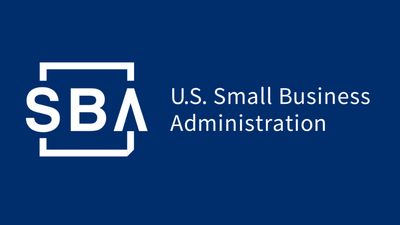The U.S. Small Business Administration (SBA) is a federal agency dedicated to supporting small businesses and entrepreneurs across the United States. Since its establishment in 1953, the SBA has played a crucial role in fostering economic growth by providing resources, advocacy, and opportunities for small business owners to start, grow, and succeed.
Access to Capital
The SBA facilitates access to capital through various loan programs, including the 7(a) Loan Program, the 504 Loan Program, and Microloans. These programs offer small businesses the financing they need to start, expand, or recover from economic challenges. The SBA also provides guarantees to lenders, reducing the risk and encouraging them to offer loans to small businesses.
Business Development and Counseling
The SBA offers extensive business development resources, including free or low-cost counseling, training, and mentoring through its network of partners. This includes Small Business Development Centers (SBDCs), Women’s Business Centers (WBCs), SCORE chapters, and the SBA Learning Center, all aimed at equipping entrepreneurs with the skills and knowledge they need to succeed.
Government Contracting
The SBA helps small businesses compete for federal contracts through initiatives like the 8(a) Business Development Program, the HUBZone Program, and the Women-Owned Small Business (WOSB) Federal Contracting Program. These programs provide small businesses with opportunities to participate in the federal procurement process and secure lucrative government contracts.
Disaster Assistance
In times of natural disasters and economic crises, the SBA provides critical disaster assistance to businesses, homeowners, renters, and nonprofits. This includes low-interest loans to help repair and replace damaged property, as well as Economic Injury Disaster Loans (EIDL) to assist businesses in recovering from economic losses.
Advocacy and Policy Influence
The SBA advocates on behalf of small businesses within the federal government, ensuring that their interests are represented in policy discussions and decision-making processes. The SBA’s Office of Advocacy conducts research and provides data on the impact of regulatory changes on small businesses, influencing policy to create a favorable environment for entrepreneurs.
What Makes the SBA Stand Out?
Comprehensive Support
The SBA offers a wide range of resources, from financing and counseling to contracting opportunities and disaster assistance, providing holistic support for small businesses
Access to Capital
SBA loan programs and guarantees make it easier for small businesses to obtain the financing they need to start and grow, fostering economic development
Business Development Resources
Through partnerships with SBDCs, WBCs, SCORE, and other organizations, the SBA provides valuable training and mentoring to help entrepreneurs succeed
Government Contracting Opportunities
The SBA’s programs level the playing field for small businesses, enabling them to compete for and win federal contracts
Disaster Assistance
The SBA’s disaster loan programs provide crucial support to businesses and individuals affected by natural disasters and economic disruptions
Advocacy and Research
The SBA actively advocates for small businesses and provides data-driven insights to influence policies that support entrepreneurial success
